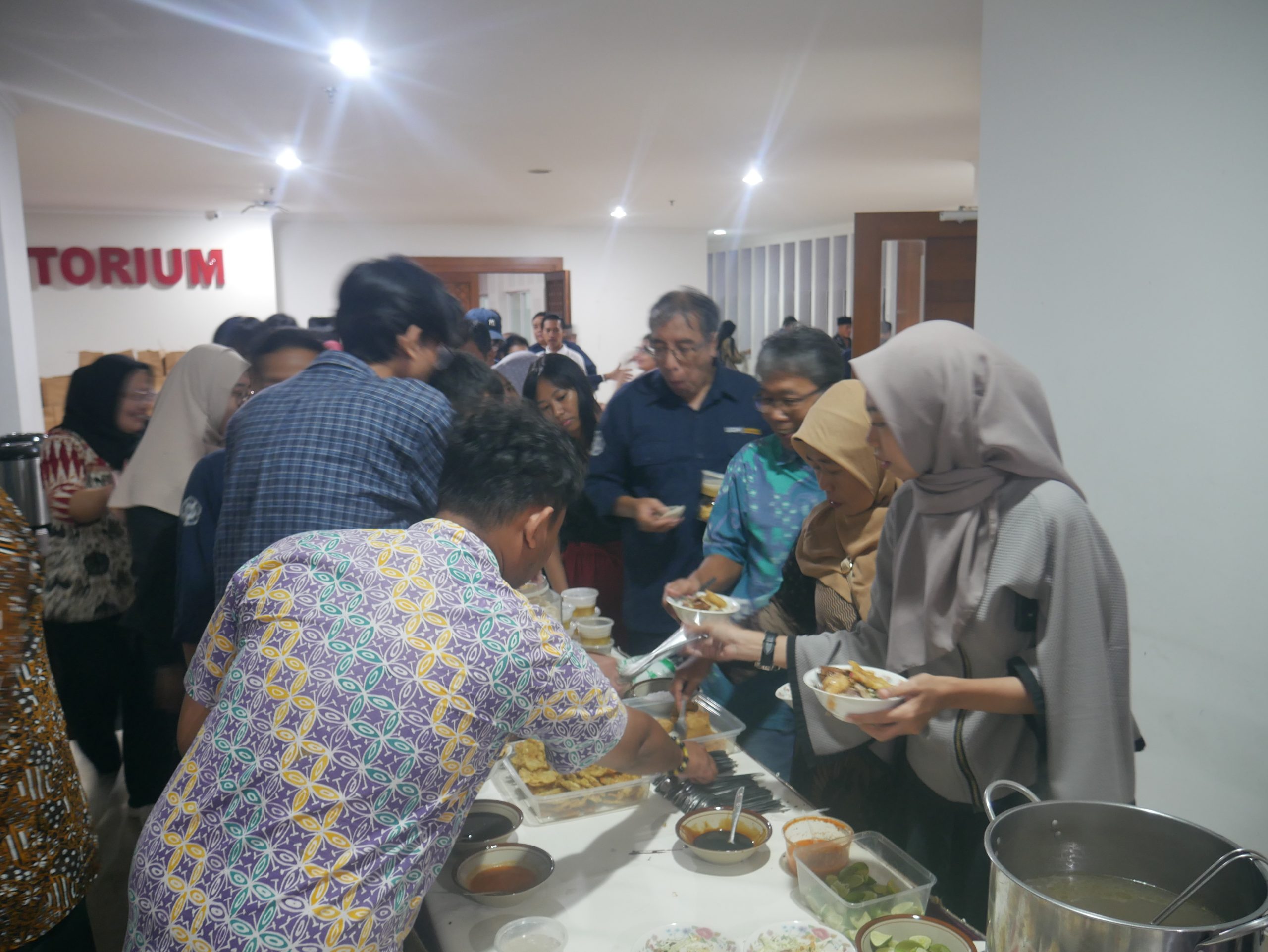SDGs 4: Quality Education | SDGs 4: Education for sustainability | SDGs 4: Basic literacy | SDGs 4: Education | SDGs 4: Access to education | SDGs 4: Education in developing | SDG 9: Industry innovation and infrastructure | SDGs 9: Cooperation | SDGs 9: Affordable access | SDGs 9: Enterprises | SDG 10: Reduced inequality | SDGs 10: Culture | SDGs 10: Education | SDG 11: Sustainable cities and communities | SDGs 11: Adaptable | SDG 16: Peace justice and strong institutions | SDGs 16: Accountable institutions | SDGs 16: Education | SDGs 17: Partnerships for the Goals | SDGs 17: Capacity building | SDGs 17: Civil society partnerships | SDGs 17: Global partnership
Yogyakarta, April 16, 2024 – The Center for Language Studies (Pusat Bahasa) at the Faculty of Cultural Sciences, Universitas Gadjah Mada (FIB UGM), proudly organized the inaugural event for the English Academic of Purposes (EAP) program, in collaboration with the National Development Planning Agency (Bappenas). The occasion marked the commencement of the EAP program tailored for the recipients of the DXHR (Development of Exhaustive Human Resources) scholarship under Bappenas’ Pusbindiklatren for the year 2024.
The distinguished ceremony, held at the FIB UGM premises, was graced by the presence of esteemed personalities from both academia and governmental institutions. Prof. Dr. Setiadi, M.Si, the Dean of the Faculty of Cultural Sciences, UGM, inaugurated the event. His presence and support underscored the significance of fostering academic excellence and international collaboration in Indonesia’s educational landscape.
Accompanying Prof. Setiadi was Mr. Wignyo Adiyoso, S.Sos, MA, Ph.D., the Head of Pusbindiklatren Bappenas, along with his team and the entire cohort of prospective scholars. Mr. Pandu Pradana, representing Pusbindiklatren Bappenas, delivered insightful presentations, elucidating the program’s objectives, scheme, and anticipated outcomes.
The EAP program stands as a testament to Indonesia’s commitment to nurturing a cadre of highly skilled professionals equipped with proficient English language abilities and academic prowess. Participants of this program are slated to embark on a transformative educational journey, commencing with the first year of Master’s studies within Indonesia. This phase of their academic pursuit is generously funded by the Ministry of National Development Planning (PPN)/Bappenas.
However, the program’s scope extends beyond national borders. Following the completion of their initial year, participants will have the invaluable opportunity to further their studies at one of our esteemed partner universities in Japan. This subsequent year of study will be supported by the Japan International Cooperation Agency (JICA), facilitating not only academic enrichment but also fostering cross-cultural exchanges and international cooperation.
The EAP program encapsulates the spirit of collaboration, excellence, and global engagement. It serves as a beacon of hope for the future, wherein talented individuals are empowered to contribute meaningfully to Indonesia’s development trajectory while forging lasting bonds with the global community. As we celebrate the inauguration of this transformative initiative, we look forward to witnessing the remarkable achievements and contributions of its participants in the years to come.

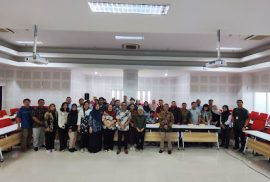
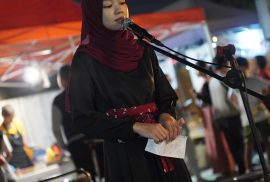
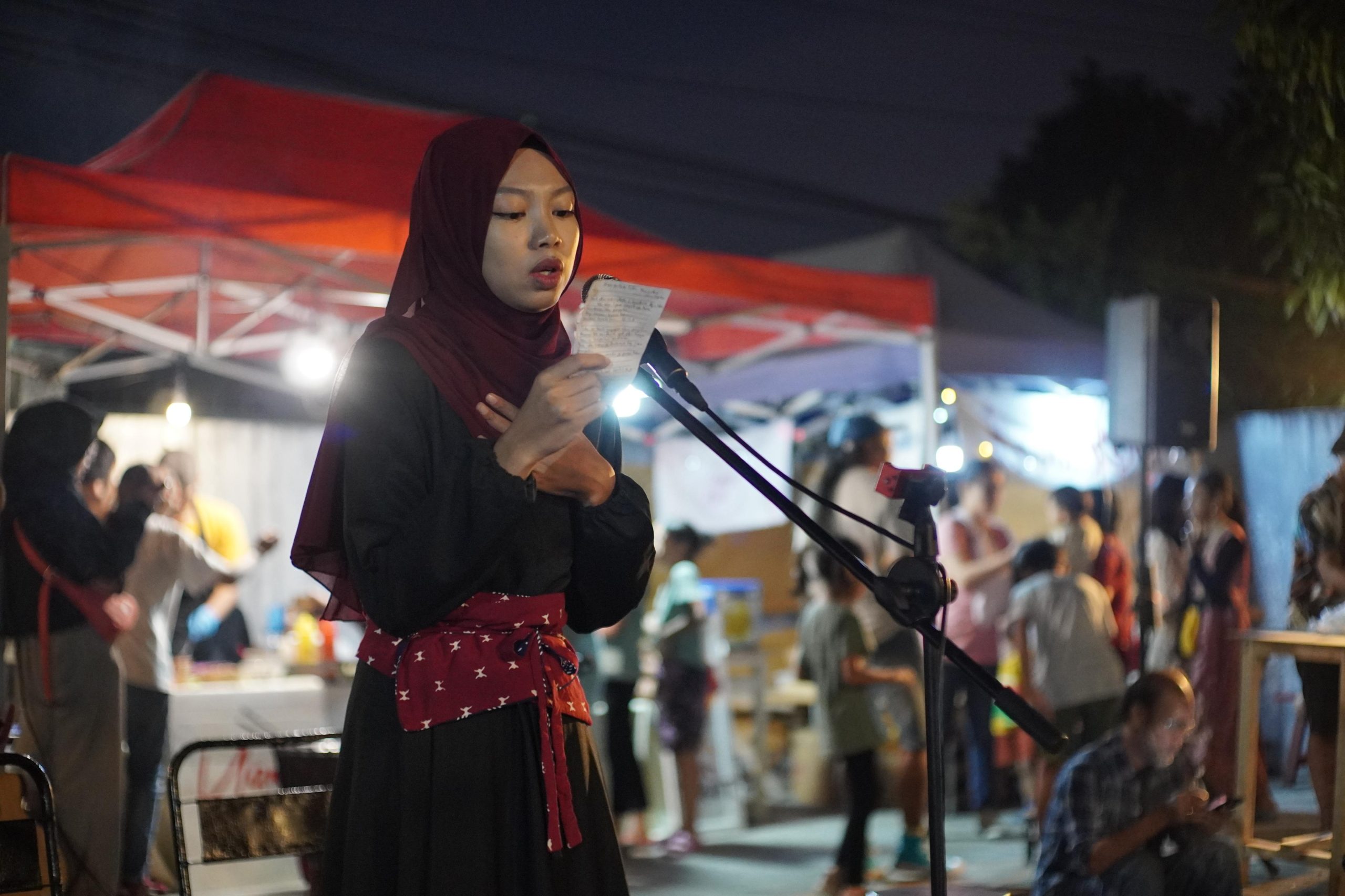
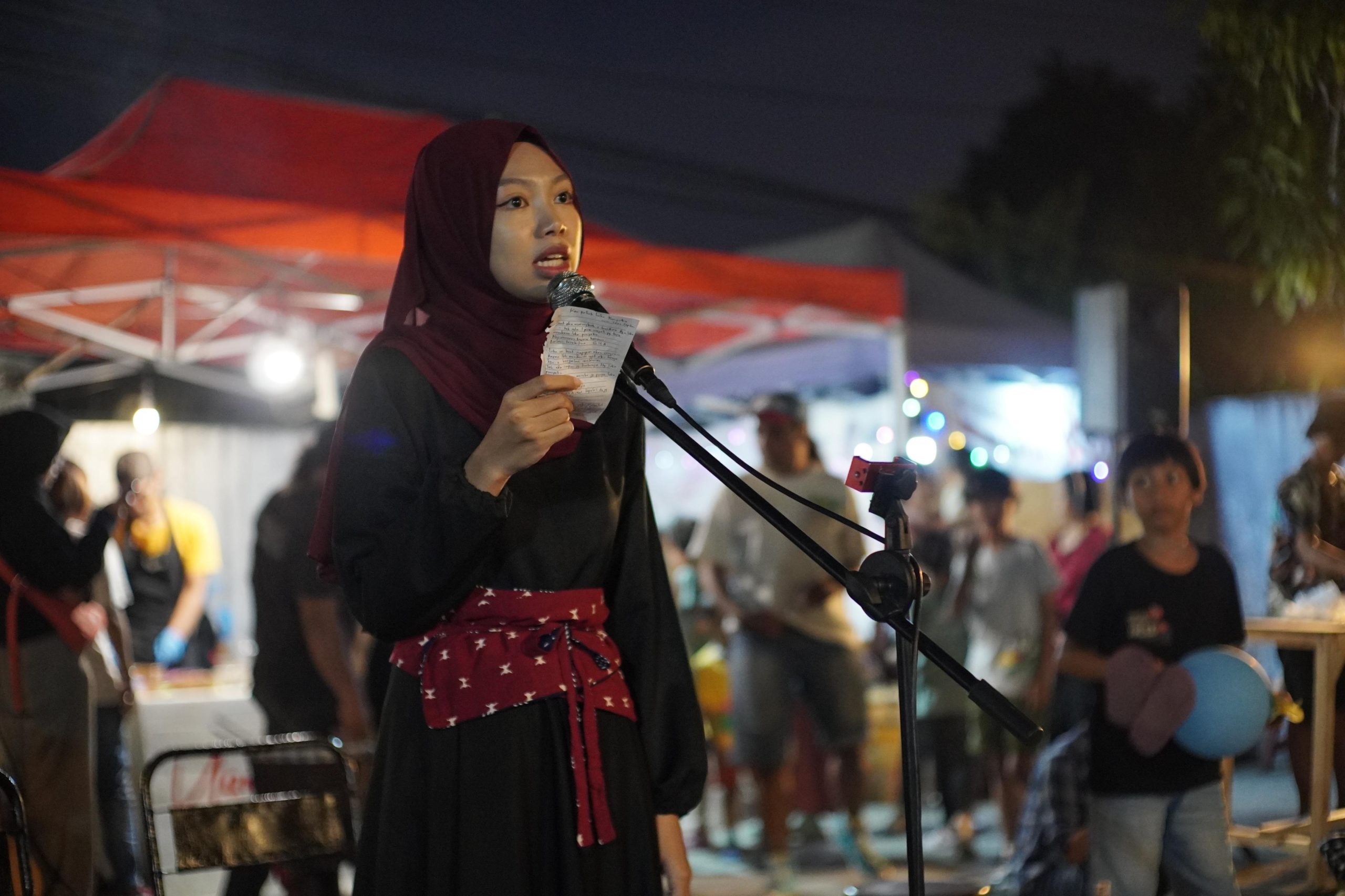
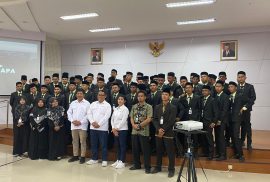
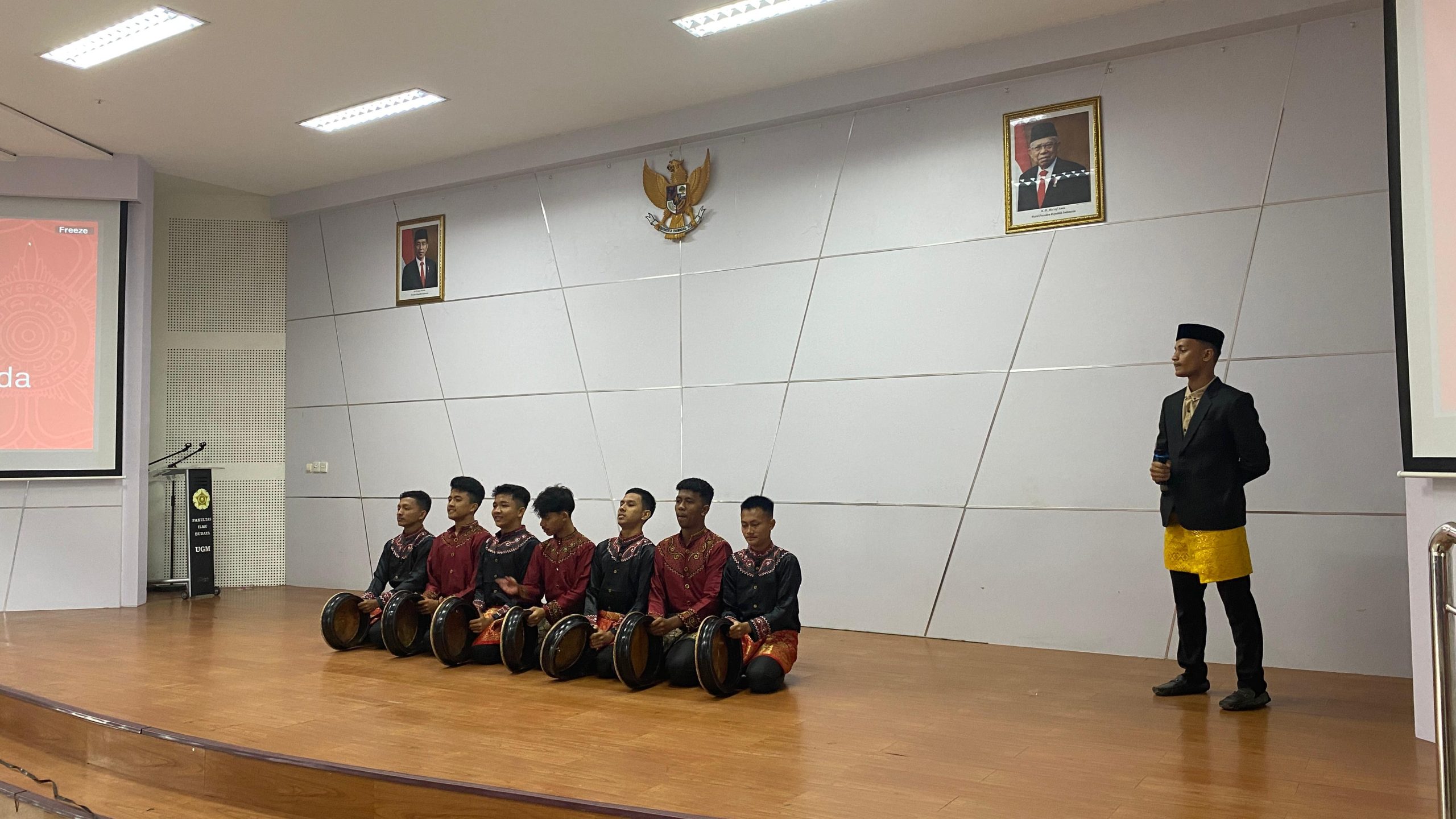

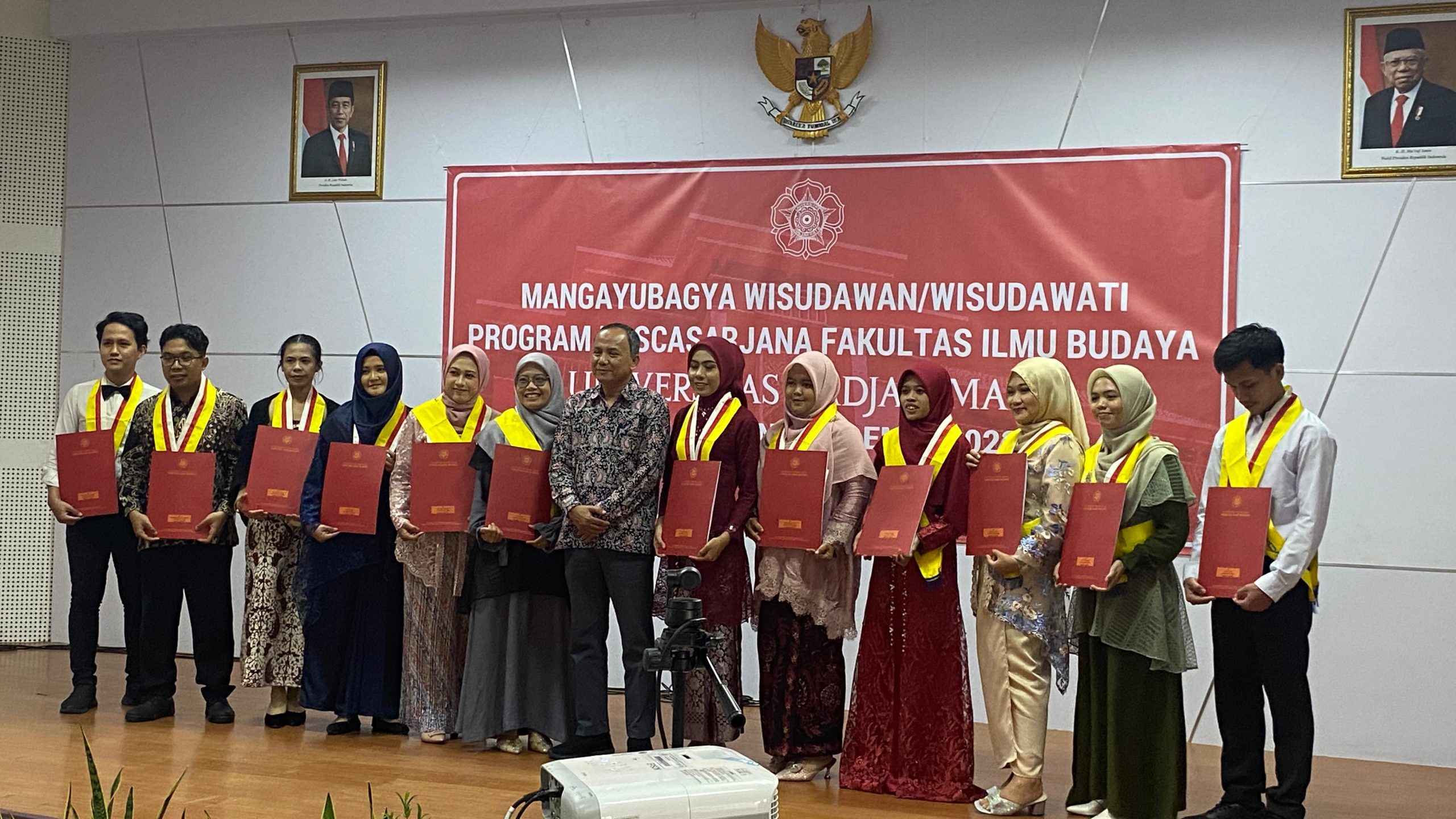
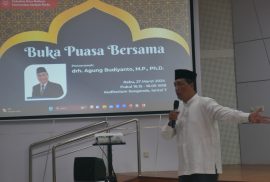
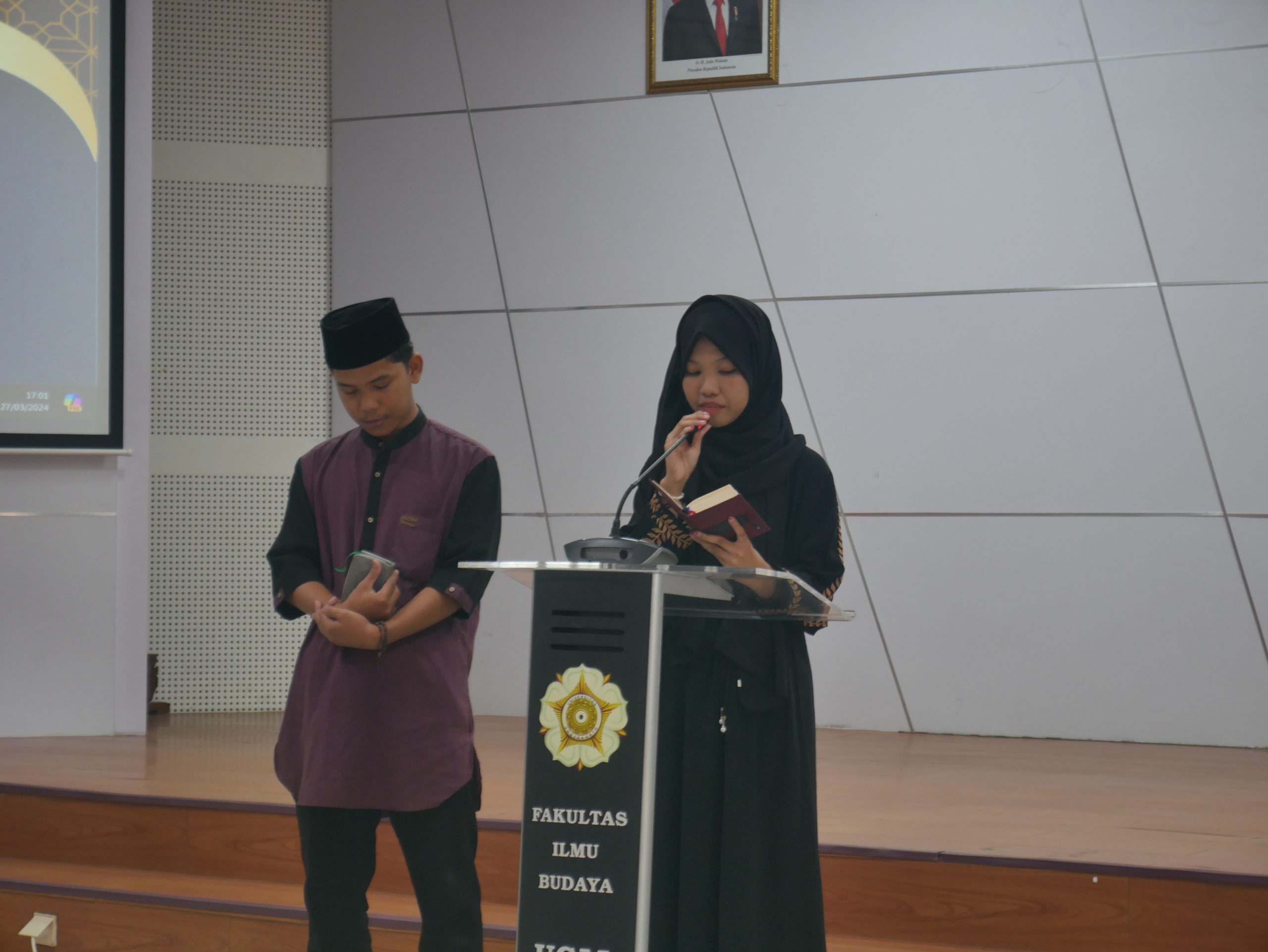 Iftar together this time began with a release session and giving mementos to the retired lecturers and teaching staff of FIB UGM for the period of 2023 to March 2024. The event then continued with a session of reading the holy verses of the Quran and
Iftar together this time began with a release session and giving mementos to the retired lecturers and teaching staff of FIB UGM for the period of 2023 to March 2024. The event then continued with a session of reading the holy verses of the Quran and 